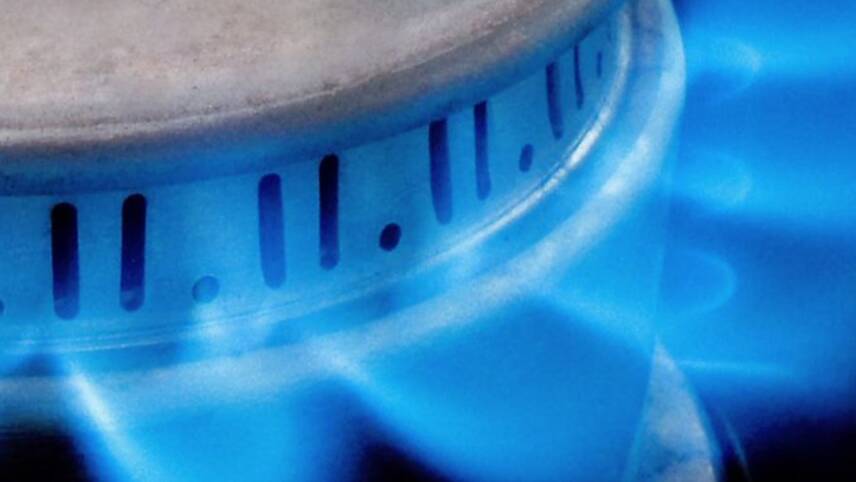Member only content free until 26/05/2024
To continue reading this article and enjoying free access to all Utility Week’s content up to the 26/05/2024 Register today!
Ready to become a member?

The UK has forfeited its leading position in developing a hydrogen economy by scrapping the planned hydrogen village trials, Cadent has warned.
The gas network’s director of regulation and strategy Tony Ballance said that while the decision does not mean the end of hydrogen for home heating in the UK, it does mean the UK will no longer be leading from the front.
Ballance’s assessment is contained within a written submission to the House of Commons energy security and net zero committee’s inquiry into home heating, in which he airs the industry’s disappointment about the government’s decision to axe the Redcar village trial.
Northern Gas Networks’ proposed trial was the only viable village trial left in the running after the government also rejected Cadent’s bid for a hydrogen village trial in Cheshire due to lack of local support.
In its announcement, the Department for Energy Security and Net Zero said that it had decided not to proceed with the Redcar trial because the main source of hydrogen “will not be available’.
In his letter, Ballance acknowledges that “without the necessary supply of hydrogen, it is impossible to deliver the project”.
He adds that while Cadent is pleased that the Scottish Government’s hydrogen neighbourhood project in Fife continues to progress, the cancellation of the village trial will hold back efforts to develop the sector in the UK.
“With more domestic hydrogen trials occurring in Europe, there will be new, detailed evidence available which would allow the UK to follow,” Ballance’s submission states. “However, we’ll slip from the leading position we’ve had as a nation in advancing a hydrogen economy.”
The village-scale trials were envisaged as an important step in assembling the evidence to inform a decision by the government on whether hydrogen will play a role in home heating, which is due to happen by 2026.
A series of progressively larger trials, which are due to conclude with a town-level exercise, are designed to assess the ability and resilience of a 100% hydrogen supply as well as customers experience of using the low carbon gas.
Ballance adds that Cadent is still also awaiting the government’s decision on mandating of the hydrogen-ready boilers, which requires no public subsidy or support.
He also claims in his letter that hydrogen prices are expected to fall by 2050 to as low as 5-6 p kWh as economies of scale, process efficiency and fuel costs all fall.




Please login or Register to leave a comment.